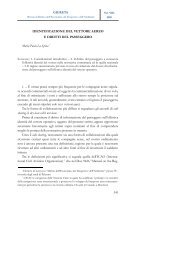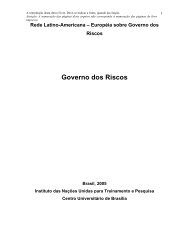YEARS OF EUROPEAN ONLINE ANNÉES DE EN LIGNE ...
YEARS OF EUROPEAN ONLINE ANNÉES DE EN LIGNE ...
YEARS OF EUROPEAN ONLINE ANNÉES DE EN LIGNE ...
You also want an ePaper? Increase the reach of your titles
YUMPU automatically turns print PDFs into web optimized ePapers that Google loves.
ACA<strong>DE</strong>MIC SESSION /<br />
SÉANCE ACADÉMIQUE<br />
lead to confusion as to the entry into force<br />
or the direct applicability of Community<br />
regulations as such. The repetition, even<br />
in part, of provisions of a Community<br />
regulation in a national legal instrument<br />
should at most be permitted only where<br />
necessary in order to make the instrument<br />
comprehensible to users.’<br />
[(73/157/EEC: Commission Recommendation<br />
of 27 April 1973 to the Government of Denmark<br />
on the draft order implementing Regulation No<br />
117/66/EEC and Regulation (EEC) No 1016/68<br />
(Official Journal of the European Communities L 182,<br />
5.7.1973, p. 27). (http://europa.eu.int/smartapi/<br />
cgi/sga_doc?smartapi!celexapi!prod!CELEXnu<br />
mdoc&lg=<strong>DE</strong>&numdoc=31973h0157&model<br />
=guichett)]<br />
So, there is still surprising scope for national<br />
efforts to make European legislation more<br />
comprehensible.<br />
I am no utopian, and I am not suggesting<br />
that, under current conditions, we could<br />
make all our laws comprehensible to the man<br />
on the street. But should we not aim to<br />
achieve this at least for a core body of law<br />
and certain fundamental principles? If we do<br />
not succeed in credibly communicating this<br />
impression, we may be faced with citizens<br />
mentally leeing the common legal area<br />
which the European Union is trying to build.<br />
After all this, can we say that, having recognised<br />
the problem, we are on the way to<br />
solving it? Given the seriousness of the situation,<br />
this will probably not be enough. But<br />
what more can be done?<br />
firstly, we should never forget what has already<br />
been done by the European Union in<br />
this regard by way of good examples and<br />
decisions. we should mention, above all, the<br />
‘Interinstitutional Agreement of 22 December<br />
1998 on common guidelines for the<br />
quality of drafting of Community legislation’,<br />
the aim of which is to make the Community’s<br />
legal instruments ever more accessible<br />
and comprehensible. this agreement<br />
associates access and comprehensibility in<br />
the context advocated here, and has as its<br />
highest principle:<br />
‘1. Community legislative acts shall be<br />
drafted clearly, simply and precisely.’<br />
[(Official Journal of the European Communities C 73,<br />
17.3.1999, p. 1). (http://europa.eu.int/eur-lex/<br />
lex/LexUriServ/LexUriServ.do?uri=CELEX:3199<br />
9y0317(01):<strong>EN</strong>:htmL)]<br />
we should also ‘think outside the box’ about<br />
new ways of communicating law. for example,<br />
why not follow the suggestion made by<br />
martin Cutts to start all directives with a citizen’s<br />
summary:<br />
‘few people bother to read directives. One<br />
reason is their strangeness: they are like<br />
nothing most people have read before. Directives<br />
have few features that are welcoming<br />
to ordinary citizens, who may suddenly<br />
ind themselves on unfamiliar ground. A<br />
way of resolving this is to start all directives<br />
with a brief summary of the key points — a<br />
citizen’s summary.’<br />
[http://www.clearest.co.uk/iles/<br />
ClarifyingEurolaw.pdf]<br />
Or, being even more radical, why not try<br />
visual forms of communicating the law? If it<br />
is true that a picture can tell more than a<br />
thousand words, perhaps some of our dificulties<br />
are the result of thinking exclusively<br />
in terms of text.<br />
I would like to conclude with an anecdote<br />
and a question.<br />
I cannot put it better than Jörg Berkemann<br />
did in 1999 at the eighth German EDV-<br />
Gerichtstag (Conference of the German Association<br />
for Computing in the Judiciary) in his<br />
talk ‘free law for free citizens’. the topic referred<br />
to the 18th century, the time of the<br />
Enlightenment, and concerns Johann Georg<br />
Krünitz.<br />
According to Krünitz:<br />
‘National laws need to be brought to the<br />
attention of the general public cheaply by<br />
way of calendars. An annual police calendar<br />
of this kind would, by and by, “bring<br />
to people’s attention the content of old<br />
and prevailing laws, as well as new police<br />
and national laws and regulations, in extract<br />
and through reminders and comments,<br />
thus, over time, bringing whole<br />
collections to their notice.”<br />
In Krünitz’s view, calendars of this kind<br />
were the most effective way of improving<br />
40 | 41<br />
01_2007_5222_txt_ML.indd 41 6-12-2007 15:13:20


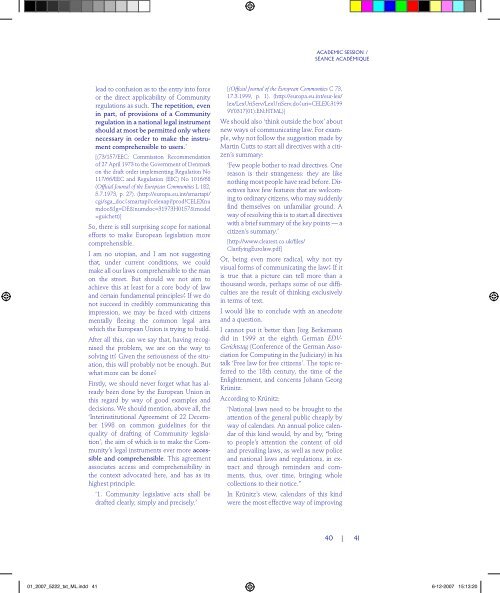
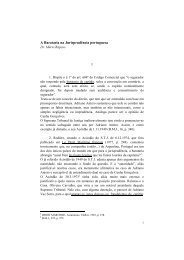
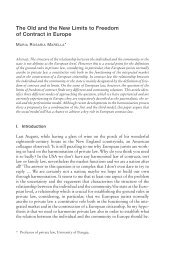

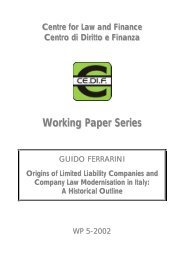
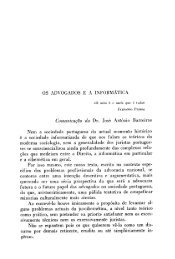
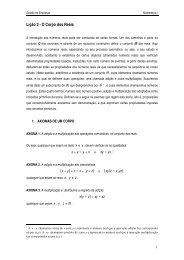
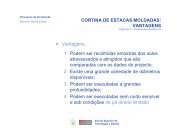
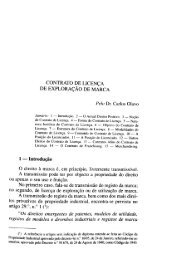
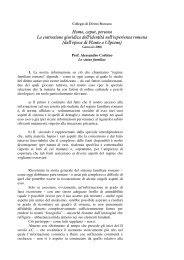
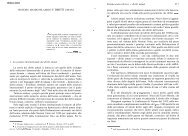
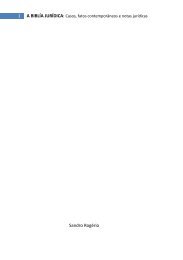
![Luigi Sapio Nozione di islām La parola “islām” [ ] è il mas.dar1 ...](https://img.yumpu.com/15836073/1/185x260/luigi-sapio-nozione-di-islam-la-parola-islam-e-il-masdar1-.jpg?quality=85)
